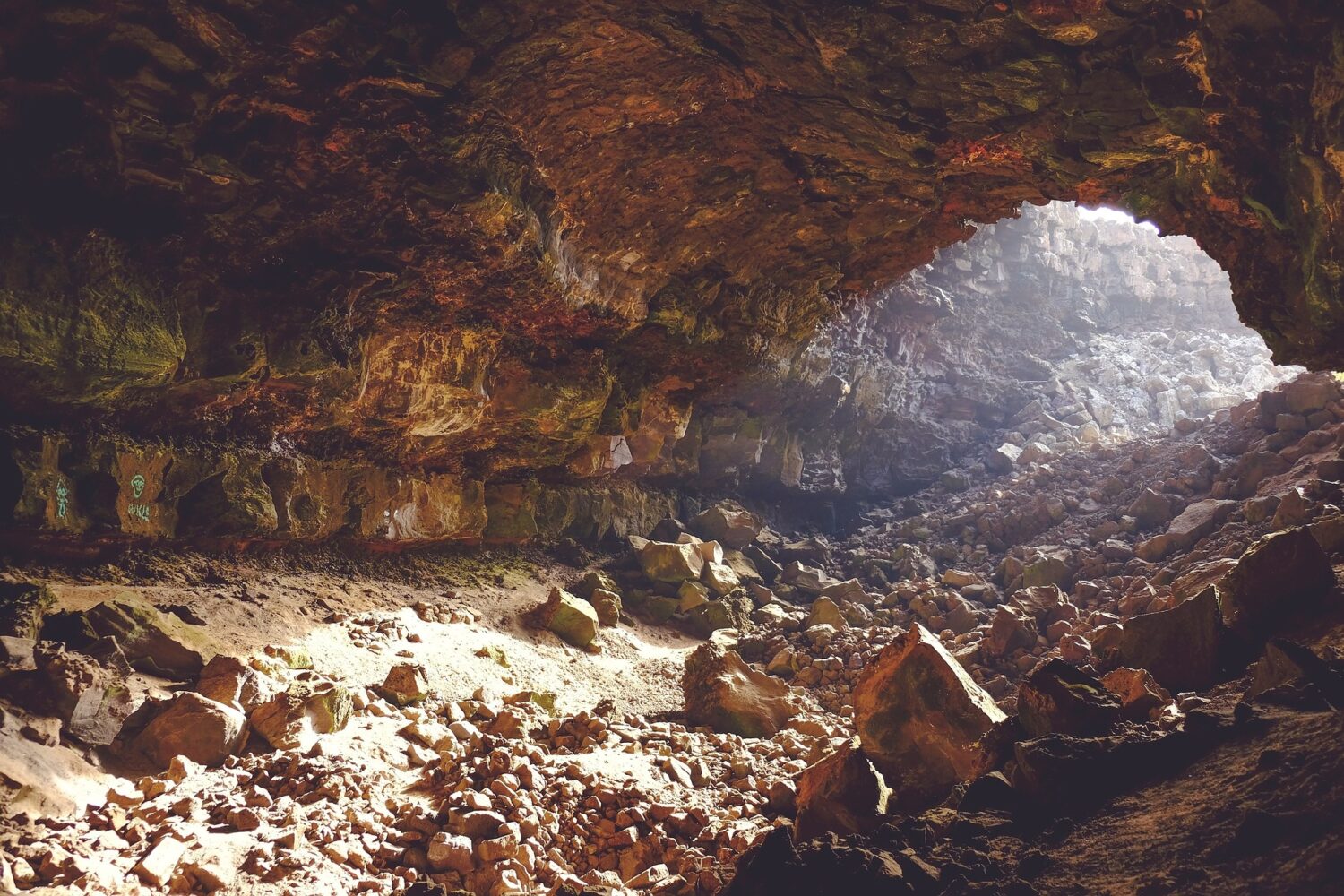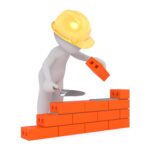What are geotechnical studies? Geotechnical research has recently become more and more popular. However, this is not surprising if we consider how many advantages this solution brings and how important it can be in practice. What exactly is geotechnical soil testing? For what purpose are they made? Why is it worth choosing them? Do geotechnical studies affect the building permit? The answers to these questions can be found in the following article, which we cordially invite all interested readers to read.
Soil geotechnical research – what is it?
Certainly, many people wonder what is the purpose of geotechnical soil testing. Well, thanks to them, it is possible to determine the water and ground conditions for the foundation of any building objects. In practice, this means that we will be able to answer a few bothering questions. We will find out what type of land is in our area. We will obtain information on the groundwater level and its fluctuations. We will have no doubt as to the depth at which the individual layers of soil are located. In addition, we will make sure that it is possible to place any building object in a given area. Based on this information, specialists can determine which type of foundation will be the most optimal, so that the building is both safe to use and stable. Deposit research does not seem to be too complicated. Experienced workers make at least three test holes, the depth of which should not be less than 2 meters below the level of the planned foundations. In practice, this means that in the absence of a basement, the average depth should be about 3 meters. Next, soil and water samples are taken. They go to laboratory tests, where specialists are able to draw the necessary conclusions and share them with us.
- https://www.potsite.pl/implanty-zebow-w-szczecinie/
- https://www.darmowy-katalog-stron-seo.pl/dlaczego-polacy-boja-sie-wizyt-u-stomatologa/
- https://www.netiak.pl/busy-do-niemiec-pod-odpowiedni-adres/
What is the purpose of geotechnical soil testing?
Thanks to the fact that we will conduct geotechnical research, we will receive a geotechnical opinion. It consists of both a descriptive part, where we will find the necessary conclusions, and a graphical part that illustrates the situation. Correct conclusions are of great importance, because they allow us to properly design the foundations, which of course directly translates into our safety. Based on geotechnical research, we can determine the depth of foundations. We will easily choose the right insulation, as well as choose the right type of foundations. Geotechnical research will also answer the question of whether it is possible to sub-basement the building or to drain rainwater from the roof directly into the ground. Thanks to the geotechnical opinion, the designer can determine the geotechnical category. It is certainly noteworthy searching for deposits – maybe we can find valuable minerals in our area?
Why is it worth choosing a geotechnical soil survey?
Mining geologyor geotechnical research? In the case of building a house, the latter are definitely more important. Well, it turns out that the building design must contain an opinion on geotechnical conditions before we start the actual construction. There will also be additional results of geological and engineering research. In practice, however, the designer of a given structure decides about the need to perform the aforementioned tests. However, in 2012, a regulation came into force that obliges us to attach a geotechnical opinion for objects regardless of geotechnical categories. What does it mean ? We should assume that a geotechnical survey of the soil must be carried out. If we already receive a geotechnical opinion, we attach it to the design documentation, which is necessary when we want to obtain a permit.
Do geotechnical studies affect the building permit?
Geotechnical research is becoming more and more popular for a reason. First of all, they are the basis for choosing the optimal foundation – it must ensure safe use of the building for a long period of time. They are especially important if you are interested in building a basement. On their basis, it is possible to deduce whether there is a probability that water will be inside after the construction is completed. The tests are able to determine the level of groundwater, while indicating their periodic fluctuations. If the foundations will have direct contact with water, it is possible to select the appropriate insulation, or it is recommended to place the structure higher. They also affect the protection against rainwater, and additionally determine the conditions for the proper installation of a backyard septic tank.









